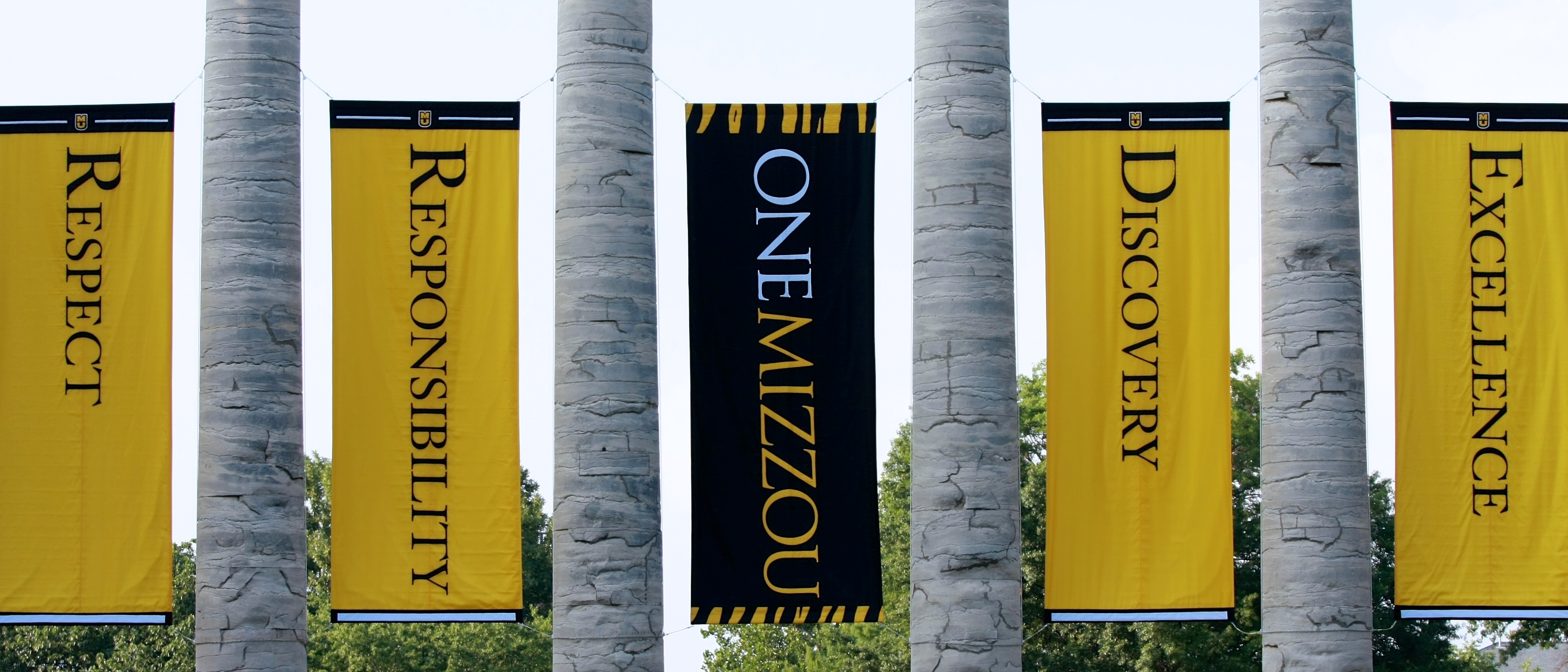
Kristen Bryfogle, an English and Classics major, is in her first year as Editor-in-Chief for The Montclarion.
Last year, on Nov. 24, the nation watched as Prosecuting Attorney Robert McCulloch announced that police officer Darren Wilson would not be indicted for the murder of unarmed black teenager Michael Brown in Ferguson Mo., which took place on Aug. 9 of the same year.
Nearly a year after the country rose in fury over the injustice of the grand jury’s decision not to indict Wilson, all eyes are on racial tensions in Missouri again. However, this time, the tensions are centered around a new location: the University of Missouri, also known as Mizzou.
If you’ve been trying to follow what exactly has been happening at Mizzou but haven’t gained solid footing despite reading articles and investigating the situation, you’re not alone. The recent Concerned Student 1950 protests and “Racism Lives Here” rallies arise out of a recently inflamed tradition of racism deeply embedded in the university community, similar to the situation in Ferguson, which, though initiated by Brown’s death, was fueled by decades of systematic racial oppression.
Also, not unlike the protests following Brown’s untimely death, is the media blockade surrounding the situation. Although, this time, the lack of reporting is coming from the inside rather than government sanctions against the press.
While the government issued a no-fly-zone in Ferguson last year which prevented mass media coverage during the most volatile stage of protesting, this time around, it is the protesters themselves who are keeping journalists out of the scene.
In response to barring a student journalist from covering a protest in a public space, the Concerned Student 1950 Twitter account tweeted, “Marginalized populations are not obligated to educate and converse about our experiences, but we [protested] to make this campus more aware.”
While it is true that individuals need not speak to the media about personal experiences, that does not allow for intentionally blocking reporters from covering a protest in a public space. Just as the protesters themselves are protected under the First Amendment, so are the journalists who are exerting the freedom of the press by trying to cover the student protests at Mizzou.
I can understand Concerned Student 1950’s hesitation toward media sources, which sometimes focus more on sensational accounts while reporting rather than unadulterated facts. Yet, in this case, there really is no argument on Concerned Student 1950’s side. They have no right to infringe upon a reporter’s freedom to document events occurring in a public space and doing so is probably hurting their cause more than helping it, since likely the people who understand the nuanced climate of Mizzou the best are the students who actually attend the university and know what it is like to be a student there. These journalists coming from the inside are probably the ones most qualified to give informed and accurate accounts of the atmosphere at Mizzou, but are being prevented from doing so.
Similarly, arguing for the protection of the students participating in the protests is a moot point. There are plenty of ways to be politically active in a movement without taking part in it directly, such as creating media that directly addresses the problems at Mizzou or propagating such media in local, national and international communities, particularly through sharing on social media.
When students forfeit these cushier, more secure forms of protest for a more public and direct attack on the administration, they similarly forfeit the comfort of staying anonymous on the Internet. Students can ask that their pictures and names not be used in the paper, but they cannot keep journalists from documenting what is going on in their community and, as long as this journalism is not biased and harmful, they can have no objection to fellow citizens utilizing their First Amendment rights in a different context.
Yet, dismissing Concerned Student 1950 merely for their violations of the First Amendment is just as heinous an action as barring journalists from the scene. As an organization, Concerned Student 1950 may have made a few unfortunate mistakes in handling the media, but that does not discredit the important changes they are seeking in the Mizzou community. These changes reflect the tradition of systematic racial oppression present not just in Missouri, but in the nation as a whole.
Protests at Mizzou have already achieved a lot, influencing university policy by making race-based diversity training mandatory for students and staff alike beginning next semester and pressuring president Timothy Wolfe and chancellor R. Bowen Loftin to resign due to sanctions placed on the administration by students. However, the work of this rights movement on campus is not over yet and many demands of Concerned Student 1950 have still not been met.
Though some individuals have expressed their views about Mizzou’s racial protests on social media, the Montclair State community collectively has remained noticeably silent on this major national news story. It’s great that individuals are professing that they individually stand in solidarity with Mizzou, but showing support as a united campus community, as Loyola University and others have done, would be more impactful and inspiring to Mizzou students looking to create administrative policy changes to combat the marginalization of students of color and to discipline acts of racism on campus properly.
In the aftermath of last November’s grand jury verdict, Montclair State only reacted in a number of small group protests which were not widely advertised to the campus community. Now, Montclair State students have another opportunity to demonstrate their refusal to accept systematic racism and oppression in a field which hits closer to home: higher education.
It’s time for Montclair State University to come together and stand behind the students of Mizzou. As one protester at Mizzou said, “White silence is consent for racism, sexism and every other ‘ism’ to continue on this campus.” In this case, our silence may not be wholly white, but with our complacency and inaction, we prove every day that we are not actively combating issues of race relations in higher education and challenging our society to serve all of its citizens.



